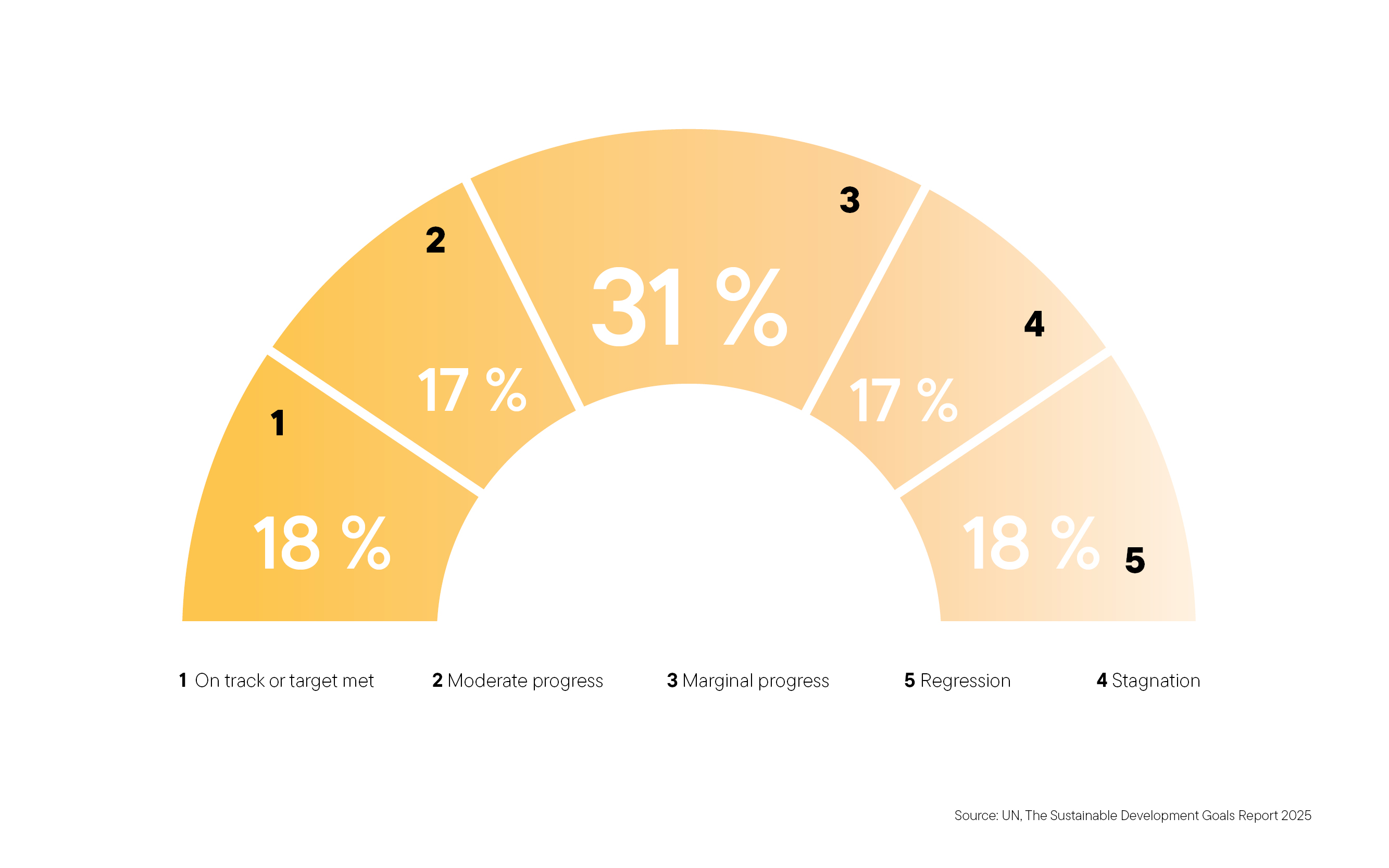Readers' opinion
Letters to the editor
Unhealthy power of churches
D+C/E+Z 10/2007, p. 368
Nico Sebastian Schützhofer’s views in support of abortion go against human conscience. Abortion is a moral issue and the use of terms like “terminating a pregnancy” serves to obscure the truth. Human life does not begin at birth but nine months prior to that. The act of abortion then kills a person within the first nine months of his/her life. The article advances a number of situations that justify abortion: poverty, a negligent father, rape, a deformed fetus or the endangered health of the mother. None of these points can justify the heinous act of killing an innocent human being. It is true that we should try to alleviate all human pain and suffering. But if we go to the extent of sacrificing human life, then we are going too far. The article tells us that six women have died in Nicaragua of “complications” since the abortion law was enacted in November 2006. But how many baby’s lives have been saved in the same period? Abortion operates on the immoral principal of “the end justifies the means”. One doesn’t have to be religious to see that this is wrong.
Sekitto Claver, Kyambogo, Uganda
Reply from Nico Sebastian Schützhofer:
As Sekitto Claver rightly points out, the objective must be to avoid human suffering. However, Nicaragua’s total ban on abortion fundamentally goes against the grain of this requirement. If a pregnant woman dies, then the foetus usually dies too. In such cases, a total ban therefore endangers the life of the pregnant woman, but cannot safeguard the life of the foetus. The case is similar when it comes to serious deformations, which make survival outside of the womb unlikely – for example, if vital organs have not developed properly. It is simply not moral for a pregnant woman to be forced by law to bear a child that will die shortly after birth.
Anyone claiming to represent a moral stand in the abortion debate should not turn a blind eye to these realities. Special legal provisions to cover medical cases of this kind are based on ethical principles, the application of which extends beyond cultural boundaries, in the same way that human rights do. For that reason, internationally, most legislating bodies have passed regulations that go beyond this minimal consensus.
In Nicaragua too, a law was in force for over 100 years, permitting “therapeutic” abortion in such narrowly defined cases. However, an emotive campaign based on false generalisation led to the repeal of this law. To this day, it has not been possible to clarify these matters in an urgently needed, comprehensive debate. Instead, the total ban on abortion was re-affirmed by the Nicaraguan Parliament in November. Only the representatives of the Sandinista renewal movement (MRS) voted against it.







